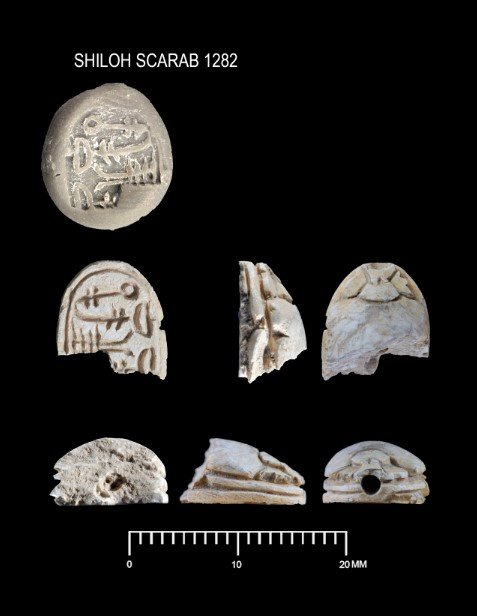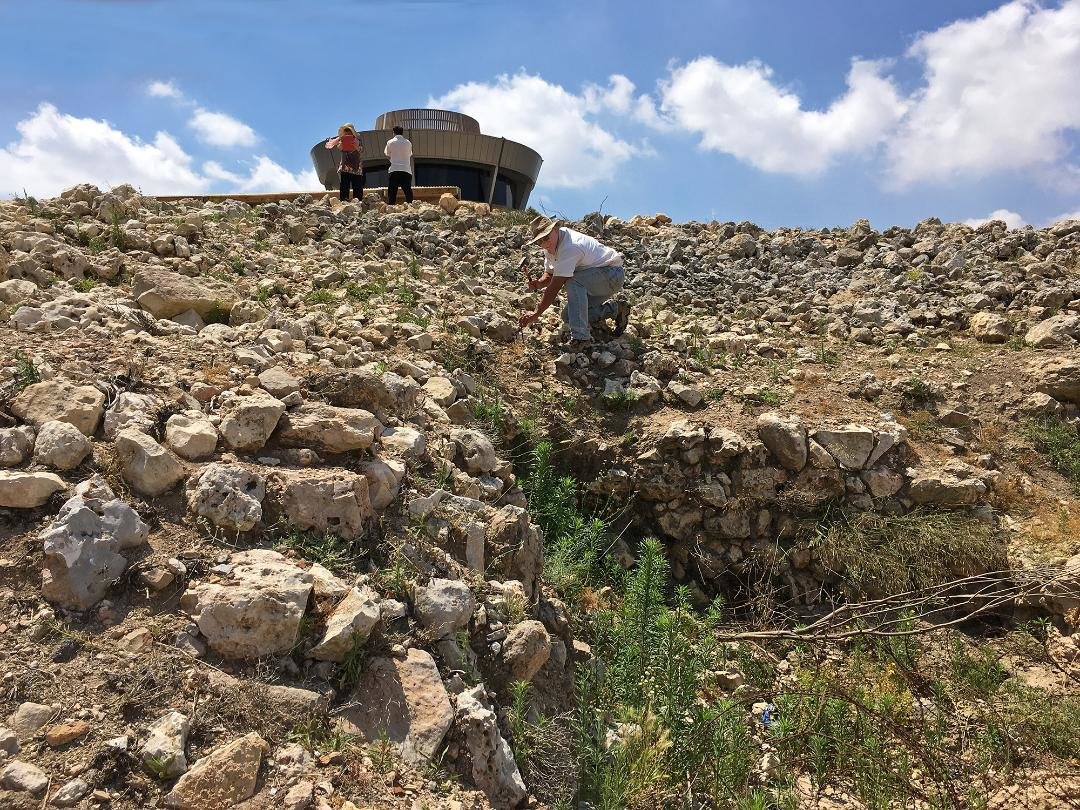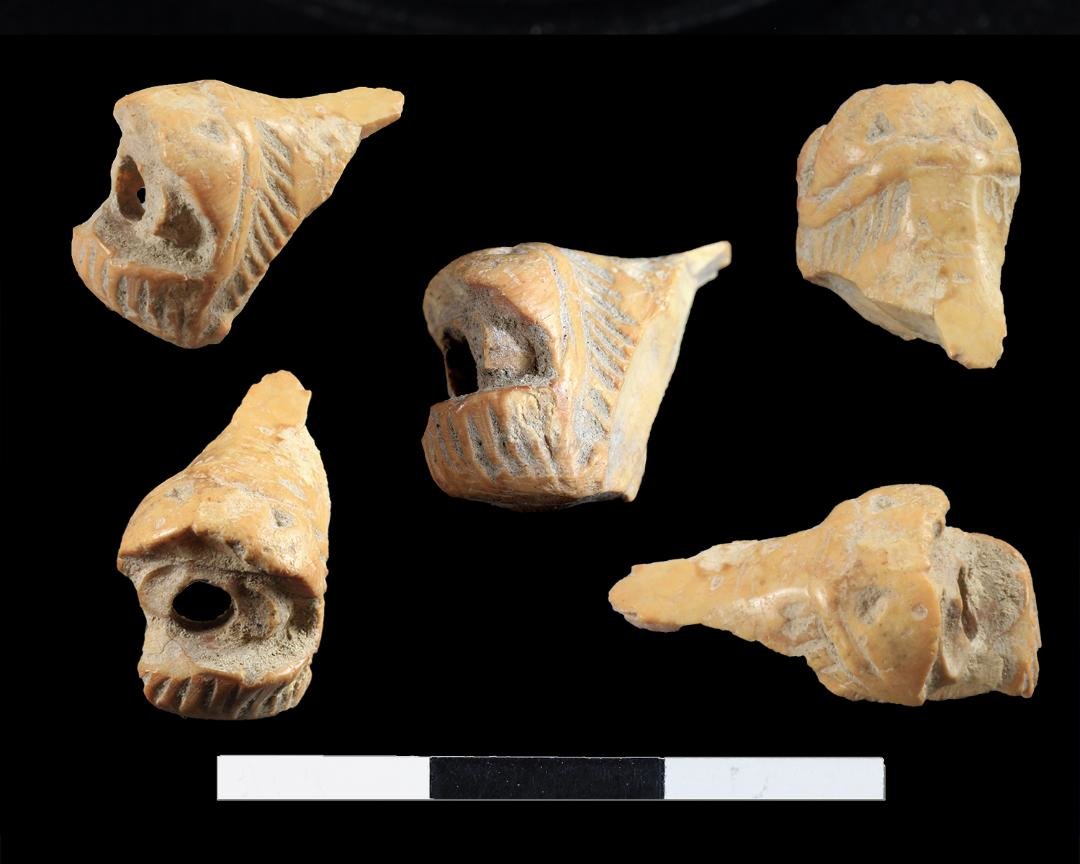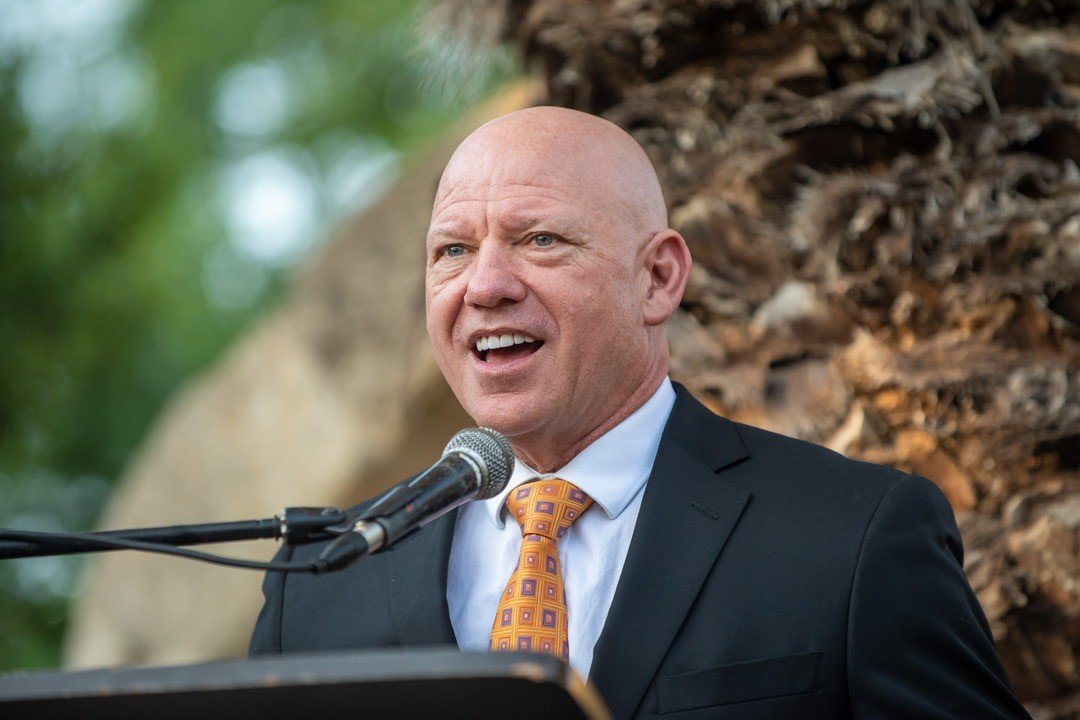Katy-based Bible archaeologist heads to Israel
Local archaeologist Scott Stripling left for Israel July 20 on his first trip back to the Holy Land since pandemic began. Stripling is the provost for The Bible Seminary in Katy and director of …
This item is available in full to subscribers.
Attention subscribers
To continue reading, you will need to either log in to your subscriber account, or purchase a new subscription.
If you are a current print subscriber, you can set up a free website account and connect your subscription to it by clicking here.
If you are a digital subscriber with an active, online-only subscription then you already have an account here. Just reset your password if you've not yet logged in to your account on this new site.
Otherwise, click here to view your options for subscribing.
Please log in to continue |
Katy-based Bible archaeologist heads to Israel
Local archaeologist Scott Stripling left for Israel July 20 on his first trip back to the Holy Land since pandemic began. Stripling is the provost for The Bible Seminary in Katy and director of excavations for the Association for Biblical Research. While in Israel, he said he’ll be filming with the Trinity Broadcasting Network and consulting with colleagues.
Stripling holds a doctorate in Philosophy from Veritas International University and a masters degree in Biblical Literature from Assemblies of God Theological Seminary who has taken multiple archeological trips to Israel. Stripling led a team that found a rare Egyptian scarab seal in 2019, he said. The artifact was found in Tel Shiloh archeological site in Samaria using a new wet-sifting method to uncover artifacts that were previously missed by historians.
“That was very fascinating to see how that new technology, in my opinion, would revolutionize the way that archaeology is done,” Stripling said.
He is also the Director of Excavations for the Associates for Biblical Research at ancient Shiloh, Israel. Stripling’s most recent trip to Israel was just before the COVID-19 pandemic started. He was excavating on Mount Ebal, going through the dig piles there from the 1980s.
Stripling’s pursuit of archaeology started with his interest in the biblical text. He was fascinated with what the Bible meant to the people in Israel at the time it was written. He believes things people struggle to understand about the scripture is because of the lack of understanding of the culture at the time the Bible was written. Stripling got started in biblical studies and then began archeological studies. Then he volunteered on excavations and made his way through different positions until becoming the person who is in charge now.
Stripling said people should go to Israel if they are interested in history, or if they are Christian, because it helps to picture and better understand the Bible.
“If someone is interested in history or the background of the biblical text then they have to go to Israel,” Stripling said.
Stripling views the Bible as a historic text that can be backed up with archeological data. There is biblical bias in the academic sector, he said. He wrote “The Trowel and the Truth: A Guide to Field Archaeology in the Holy Land” to show how the Bible coincides with archaeology. His goal is to reduce anti-biblical bias and refute the misconceptions about the Bible not being a historical text.
This most recent trip will be Stripling’s first time going back to Israel since COVID-19 first started. He will be filming with Trinity Broadcasting Network’s, “InGrace.” They will go to the City of David, Shiloh, Michmash, and Shechem, he said. His trip to Israel will consist of filming and excavating at the historic site. He will be staying in East Jerusalem throughout his trip, and he plans to visit colleagues in other places like Tel Azekah.
Stripling said he will buy a new ATV, meet with the Israeli Antiquities Authority, train a new ceramicist for his team and work in a lab analyzing artifacts for publication when he is not filming with TBN.
According to Stripling’s website, he will be in Israel through Aug. 8 working on the Israel film project. Stripling said he plans to return with students in 2022.
The Bible Seminary trains students and takes them to Israel to complete their fieldwork. The school does not require students to be vaccinated to travel to Israel. However, the Israeli government requires everyone entering the country to either be fully vaccinated against COVID-19 and provide proof of vaccination or have proof of natural immunity against the virus that causes the life-threatening disease.
The renewed tensions in Israel have people contemplating whether it is safe traveling there. However, Stripling said he was not concerned about violence in the region. Every conflict that occurs in Israel is instant world news, he said, while crime in Greater Houston is only heard about locally.
“Israel is much safer than Houston, statistically,” Stripling said.
Stripling and his team will not be in immediate danger because the location of their dig is far from any unrest, he said. They stay in the hill country where the rockets cannot reach and the team maintains neutrality in any conflicts.
“We get along with both sides,” Stripling said.
Keywords
Scott Stripling, The Bible Seminary, Archaeology, Archeology













